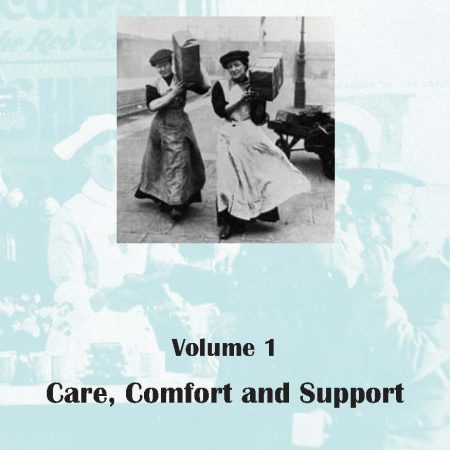It goes without saying that the past is imperfectly recorded. With any particular project, no matter how many archives are explored, and newspapers and other sources consulted, there are likely to be many unknowns. And there can be few local historians who have not muttered: ‘If only they’d left a record of what happened!’
The Family and Community Historical Research Society (FACHRS) has decided to try to minimise this problem for the current Covid-19 pandemic. One of their mini-projects is recruiting members to keep diaries and take photographs that will provide material for future social historians.
Leading the project is Angela Blaydon who, amongst other things, chairs the FACHRS Publicity and Publications Sub-Committee. She comments: ‘We believe this to be a unique opportunity for us as historians to leave a lasting legacy that will be of benefit to social historians in the future, as well as making for interesting reading for us all even now.
‘Our experiences, feelings, frustrations, and coping strategies will be a starting point for many researching this event in the future, as never before has there been such global connectivity that is linking us all and delivering instantaneous news and information on the daily situation.’
The project is only open to those who are members of FACHRS .
Angela Blaydon said: ‘We are in a unique position, having national membership and thereby giving an overall picture of how different – or similar – experiences are throughout the country. Our plan is to collect as many diaries as possible from members to create a unique and valuable resource.’ This initiative is one that has caught Hampshire Archives Trust’s interest. Would anyone wishing to take part in recording their Hampshire experience (separate from the FACHRS project) in the Covid -19 pandemic, register their interest with HAT trustee Barry Shurlock e mail Barryshurlock@gmail.com who can also give guidance on what to record and format (notes, diaries and/or photos). HAT itself does not keep archives and so would pass on your details to the three respective record offices for Hampshire, Portsmouth and Southampton at the end of the pandemic for them to consider taking your material into their collections.

